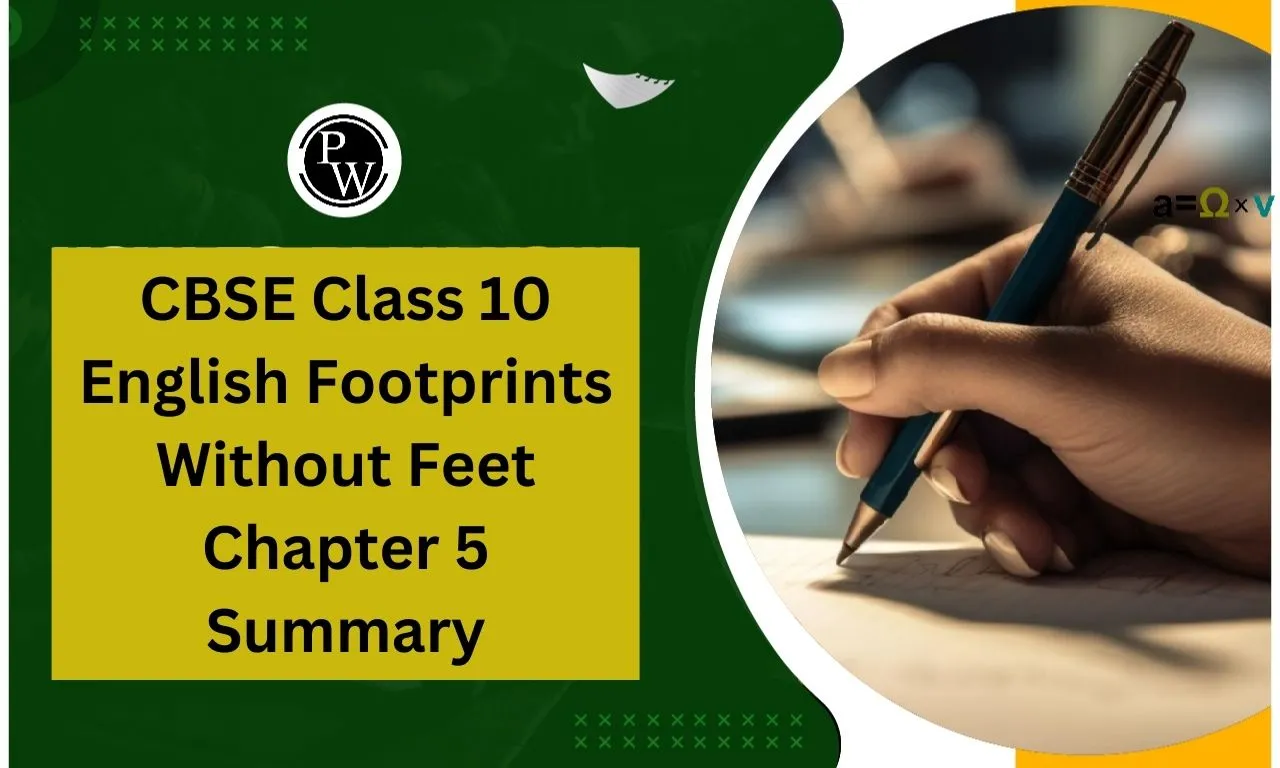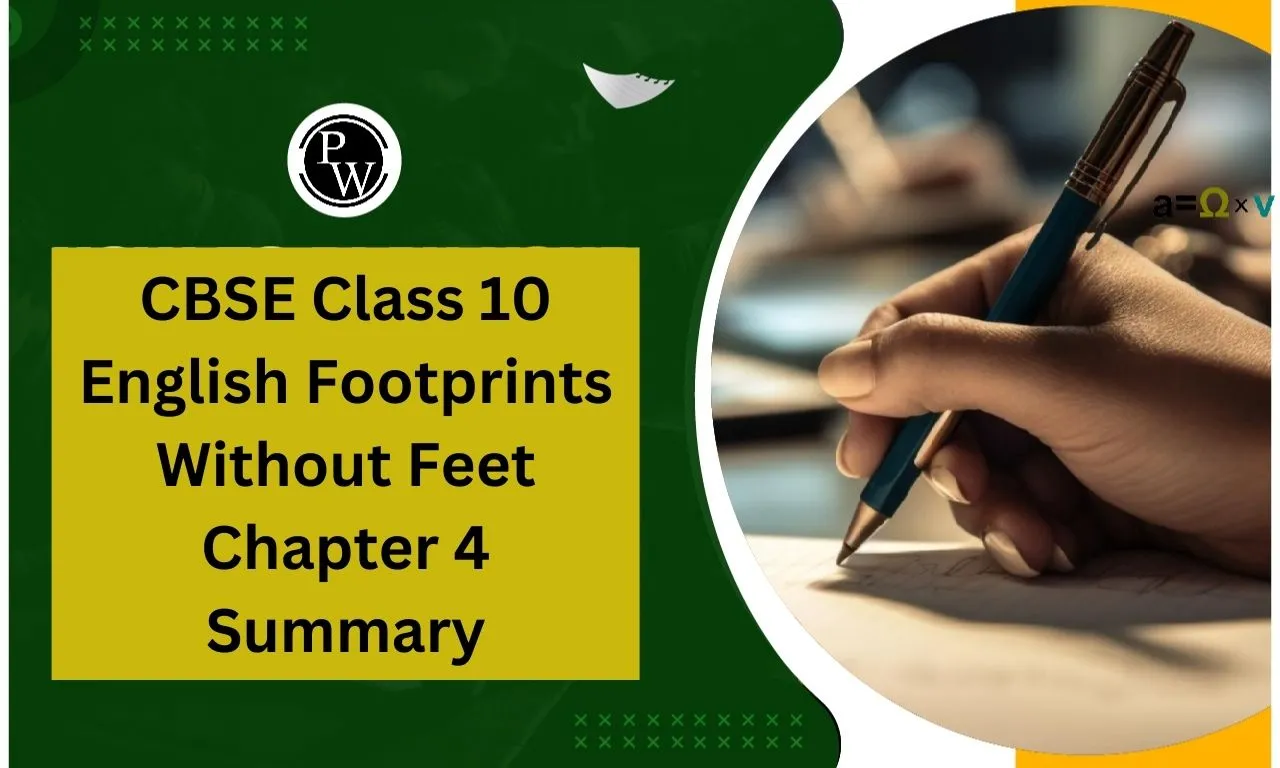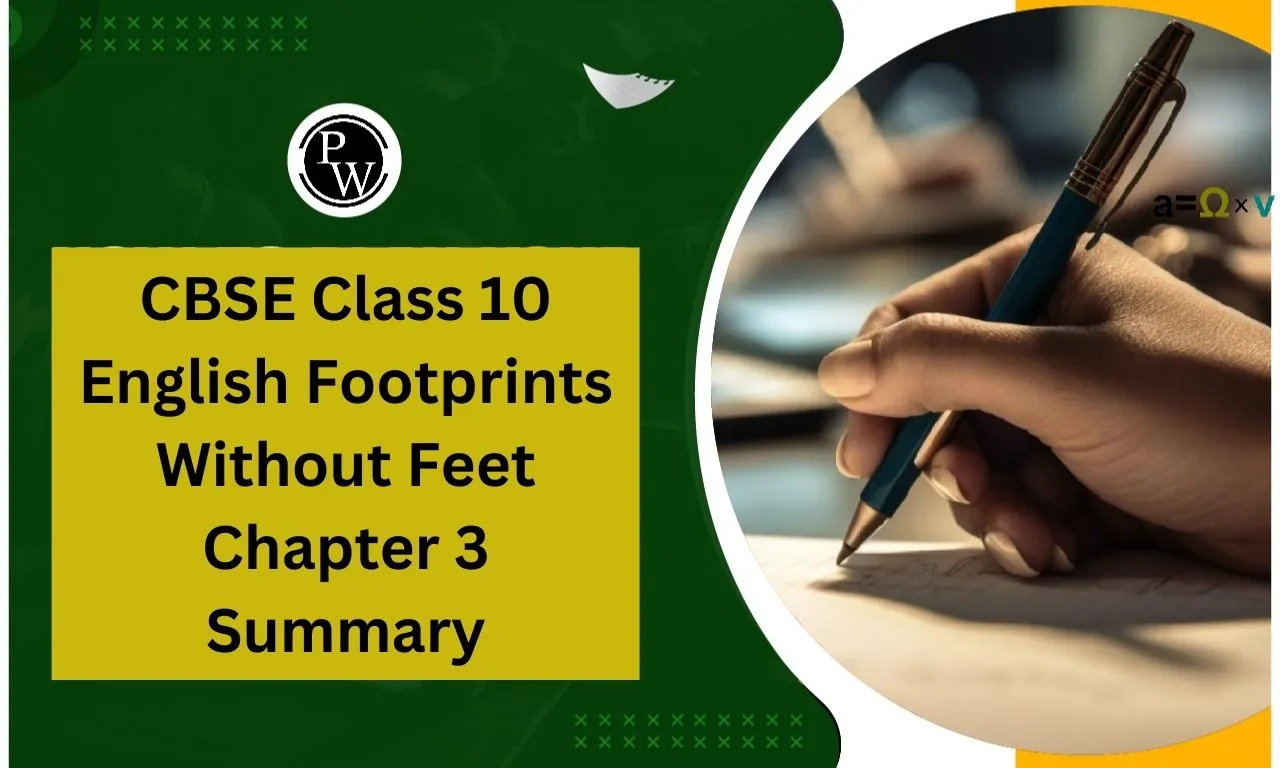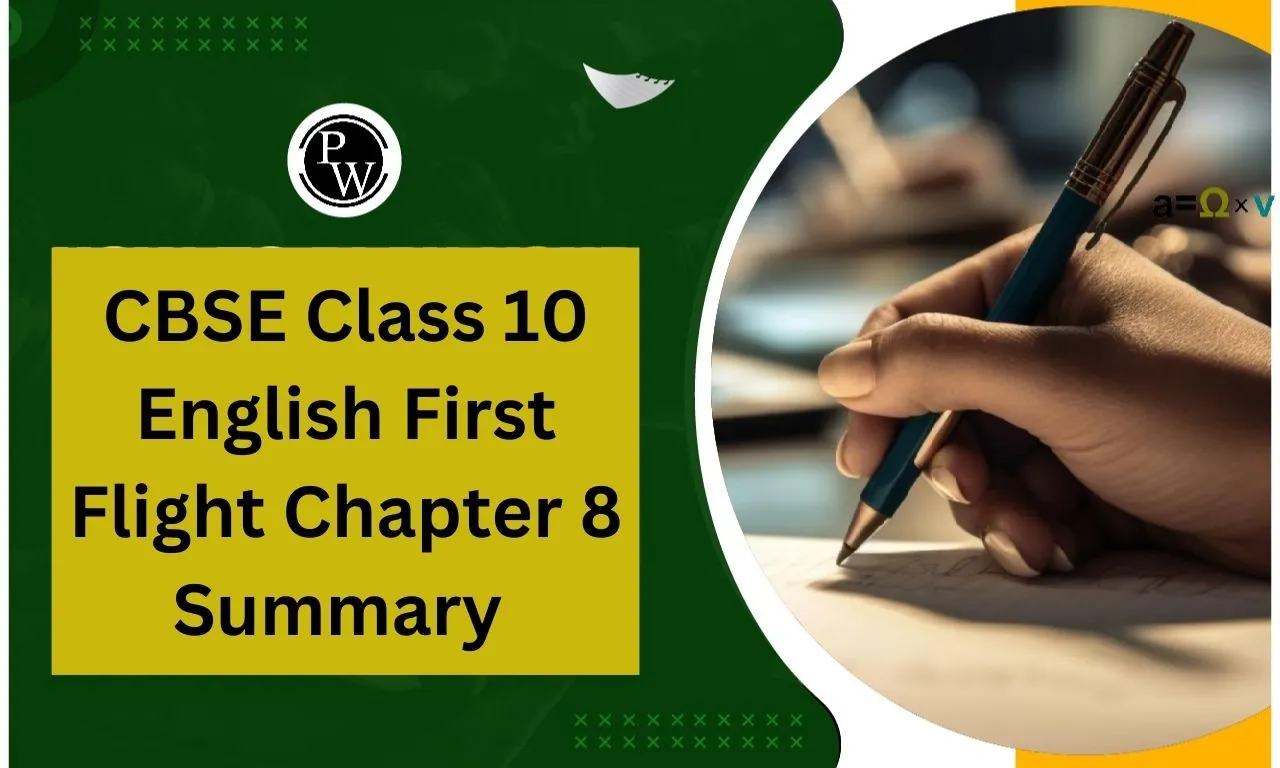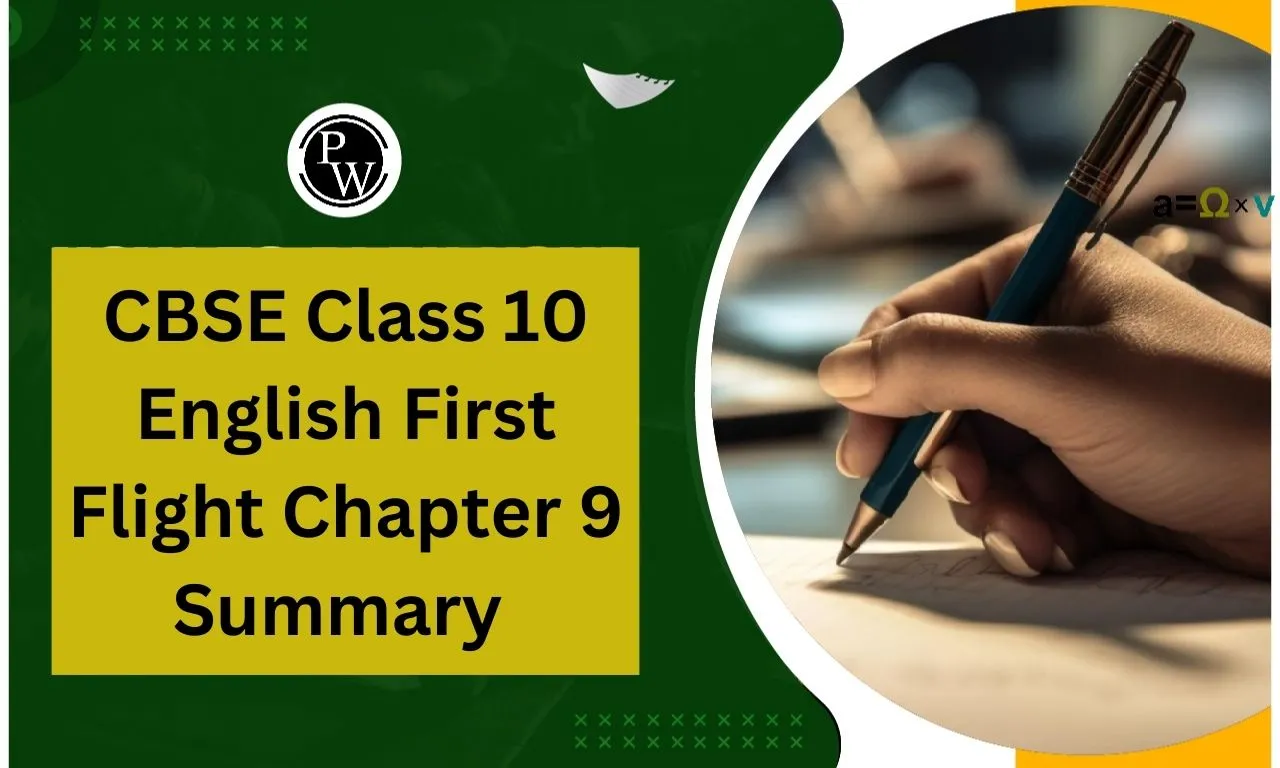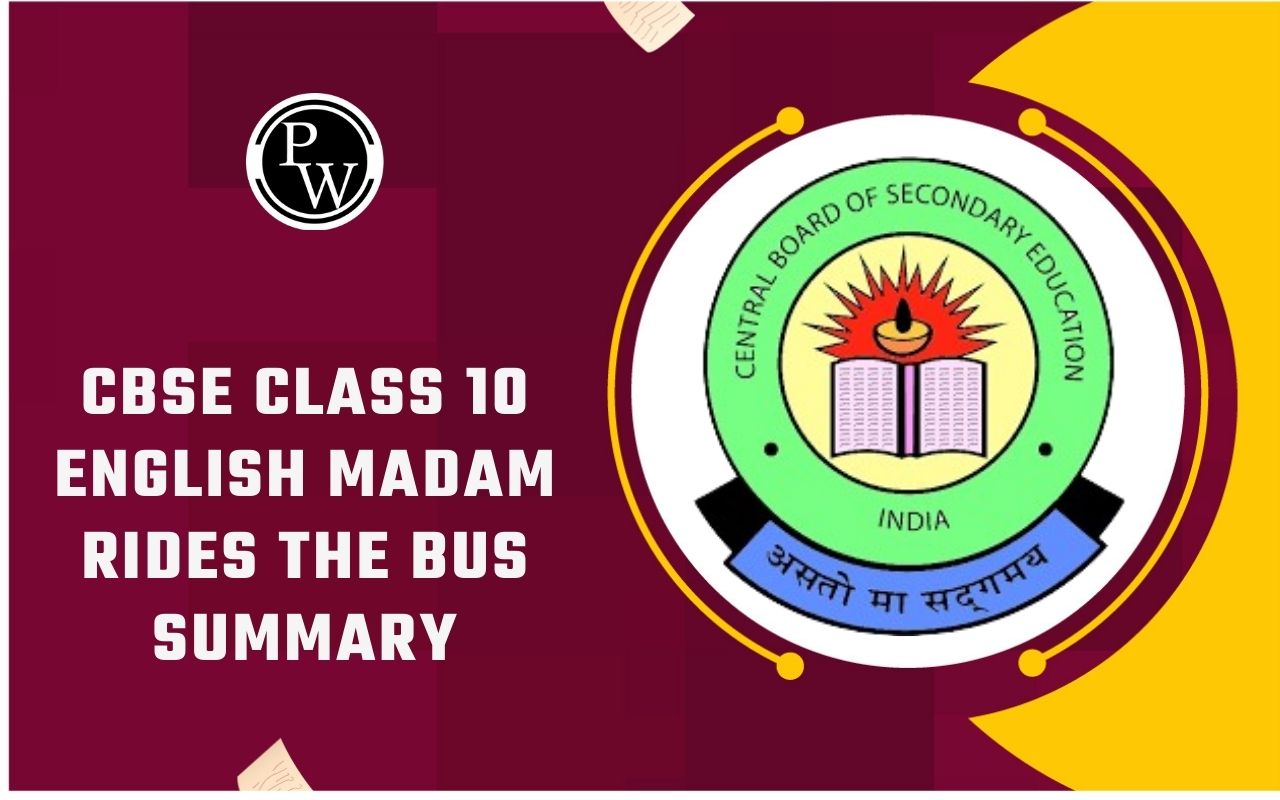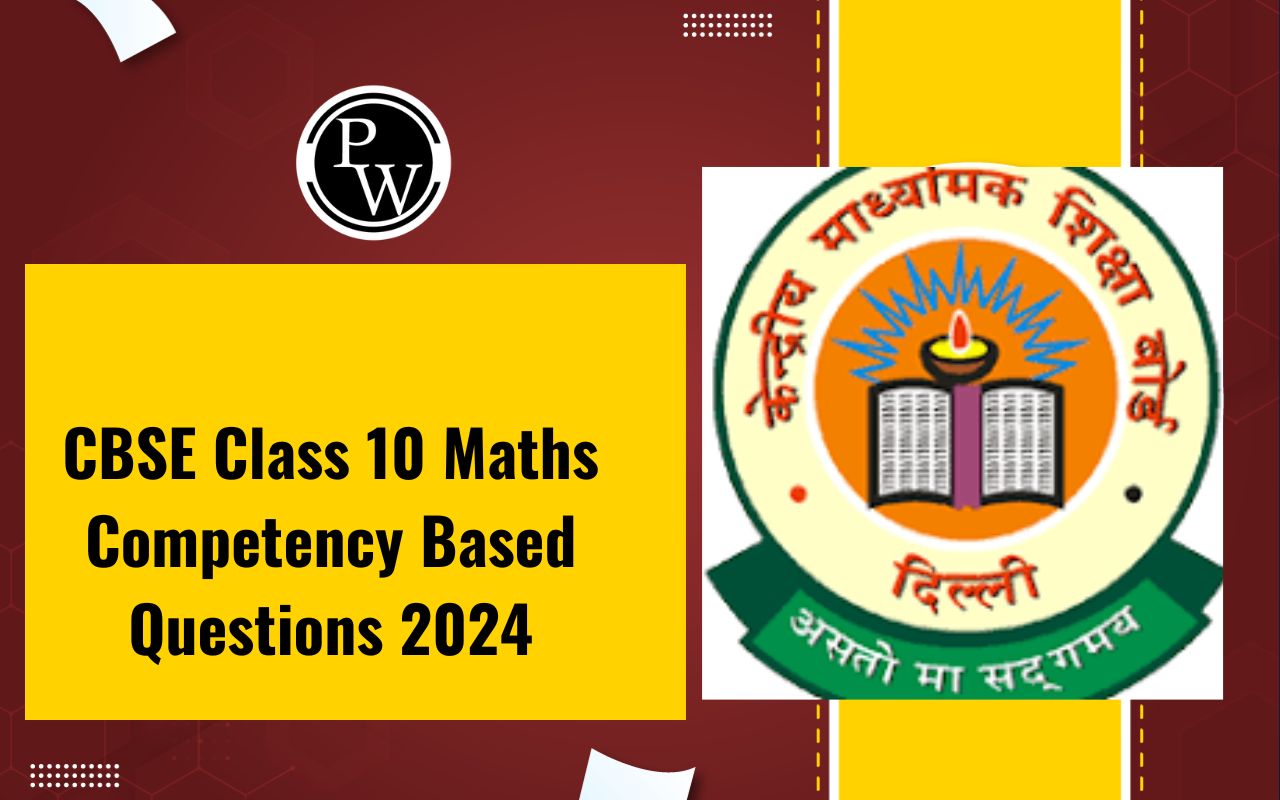
NCERT Solutions for Class 10 Social Science Civics Chapter 7: You can effectively study for the exam with the aid of NCERT Solutions for Class 10 Civics Chapter 7 Outcomes of Democracy. The solutions to the workout issues are included in these solutions.
The majority of the questions in the CBSE exam come from the NCERT book. Therefore, reviewing the Class 10 Political Science NCERT Solutions can help you prepare for the test even more. You'll pick up more effective ways to phrase your responses.CBSE Class 10 Syllabus 2024-25
NCERT Solutions for Class 10 Social Science Civics Chapter 7 Overview
The purpose of Democratic Politics-II is to raise the question of why democracy is necessary. The results of democracy and the goals of a democratic nation will be taught to students. Additionally, students will study the characteristics of democracy, and the chapter will address whether or not a democratic nation can function as intended. Regarding democracy, issues such as the effectiveness of the government, the state of the economy, inequality, social divides, conflict, and, ultimately, freedom and dignity will be covered.NCERT Solutions for Class 10 Social Science Civics Chapter 7 PDF
You can access the PDF of NCERT Solutions for Class 10 Social Science Civics Chapter 7 by clicking on the link provided below. This PDF contains comprehensive solutions to all the questions and exercises in the chapter, helping students understand the concepts of power-sharing in democracies better.NCERT Solutions for Class 10 Social Science Civics Chapter 7 PDF
NCERT Solutions for Class 10 Social Science Civics Chapter 7
Below are the NCERT Solutions for Class 10 Social Science Civics Chapter 7. These solutions provide detailed explanations and answers to the questions presented in the chapter.1. How does democracy produce an accountable, responsive, and legitimate government?
Answer.
By drafting and creating a variety of laws and policies, the government can be held accountable by the people if any of those measures are not carried out or are deemed to be detrimental to the interests of the people. When citizens begin to take action when the government shows insensitivity to their goals, the government can be held accountable. Citizens can plan demonstrations, campaigns, and protests to compel the government to act. Since a democratic government is chosen by its constituents and has their support, it is deemed legitimate.2. What are the conditions under which democracies accommodate social diversities?
Answer.
By concentrating on all of the communities inside society, social diversities can be accommodated. Both the majority and minority populations ought to receive the same level of focus. The majority does not rule in a democracy. In democracies, the majority and minority collaborate to advance national development and advancement. It's also critical to recognize that language or religion are not ways in which the majority rule is expressed. In a democracy, any individual or group can take the majority position.3. Give arguments to support or oppose the following assertions:
- Industrialised countries can afford democracy but the poor need dictatorship to become rich.
- Democracy can’t reduce inequality of incomes between different citizens.
- The government in poor countries should spend less on poverty reduction, health, and education and spend more on industries and infrastructure.
- In a democracy, all citizens have one vote, which means that any domination and conflict are absent.
Answer.
1. Industrialised nations can afford democracy, but for the impoverished to become wealthy, a dictatorship is necessary. There is no connection between national riches and democracy. The nation's economic growth is contingent upon its resources, policies, and government's willingness to welcome investment.
In truth, hardly all citizens in nations like Nigeria are wealthy, even if the dictatorship could bring wealth to the country.2. It's true that democracies cannot eliminate economic disparities since they create distinct professional communities. Democracy does not promote income equality since it promotes social and political equality.
Voting and other fundamental rights are available to people, but their ability to earn a living is a self-generated right.3. It is not true what is said. Human resources must be the primary emphasis for any nation hoping to develop. People make up a nation, and without educated, sick, and insufficient citizens, the nation cannot develop.
The human development report evaluates the nation's progress based on the income, health, and educational attainment of its citizens. Therefore, infrastructure investments in the fields of health and education are crucial for any nation.4. Part of the statement is accurate. Yes, every individual in a democracy has one vote. It is not, however, an opaque structure that forbids disputes.
Consider the varied diaspora of India as an example. Riots, protests, and strikes are examples of how the socioeconomic divisions within society are reflected. Thus, socioeconomic divisions cannot be eliminated by any democracy.4. Point out how the following descriptions pose problems to democracy. Additionally, offer institutional or policy measures to strengthen democracy in the specified circumstances:
a) Following a High Court directive, a temple in Orissa that had separate entry doors for Dalits and non-Dalits allowed entry for all from the same door.
Answer:
In this instance, the greatest threat to democracy is the possibility that discrimination based on caste, color, and creed won't be able to be eradicated if such practices persist in the nation. People who engage in these kinds of activities may face legal repercussions. According to the Constitution, discrimination of any form is illegal and poses a danger to national security. Serious measures against the individuals in question must be implemented in these situations to maintain the nation's communal peace.b) A large number of farmers are committing suicide in different states of India.
Answer:
Due to the nation's economic disparity, a significant number of farmers are taking their own lives in several Indian states. In communities, farmers cultivate crops on limited plots of land, and they must endure significant losses if the weather is unstable. In addition, he becomes overburdened by the loan and is unable to return the money borrowed from the bank or moneylender. Over the past few years, the number of these incidents has climbed across the nation, and the impoverished farmers have resorted to extreme measures like suicide. Better irrigation techniques and inexpensive fertilizers and seeds should be supplied by the government to these farmers.Benefits of NCERT Solutions for Class 10 Social Science Civics Chapter 7
Below we have mentioned some of the benefits of the NCERT Solutions for Class 10 Social Science Civics Chapter 7 -- Taking into account the chapters they cover; the solutions have been arranged into multiple steps.
- It goes without saying that having access to these revising sessions will make them more convenient.
- You can be sure that you will have the easiest review sessions before an exam because of the format that was utilised to create the study solutions for the Civics chapters in Class 10.
- You'll find it much easier to recall the topics these chapters address. In fact, you'll find it easier to remember each element of these topics during an exam.
|
NCERT Solutions for Class 10 Social Science Political Science |
| Chapter 1 : Power-sharing |
| Chapter 2 : Federalism |
| Chapter 3 : Democracy and Diversity |
| Chapter 4 : Gender, religion, and caste |
| Chapter 5 : Popular Struggles and movements |
| Chapter 6 : Political parties |
| Chapter 7: Outcomes of democracy |
| Chapter 8: Challenges to democracy |
NCERT Solutions for Class 10 Social Science Civics Chapter 7 FAQs
What are the outcomes of democracy solution?
What are the important chapters of civics class 10?
What are the 5 outcomes of democracy?


